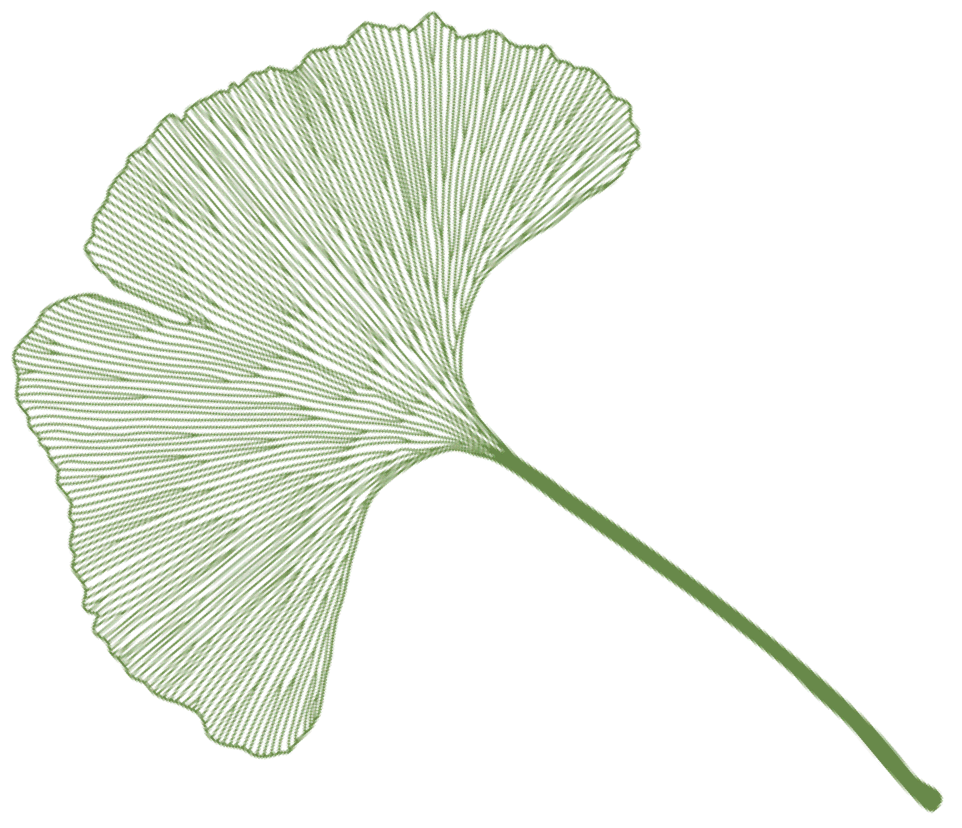|
Gender differences in disease and disability
Emmanuelle Cambois, Constance Beaufils, Mira Rahal, Pierre-Yves Geoffard
The aim is to establish the nature of gender differences in relation to certain diseases and disabilities as well as objective and perceived health measures. We will analyse the prevalence of diseases, including osteoarticular, mental and cardiovascular diseases, and their relationship with disability indicators. We will provide a clinical and functional picture of selected diseases. We will estimate indicators of healthy life expectancy using various methods and then conduct difference decomposition models.
|
Differences in biological functioning
Michelle Kelly-Irving, Cyrille Delpierre,
Hélène Colineaux et Emmanuelle Cambois
The objective is to assess differences in biological functioning based on biological measures (biomarkers) collected during blood sampling at inclusion in the cohort. Due to the different responses to exposures, we assume that women and men differ in biological functioning (at a preclinical stage). Based on the work in the first axis, we will analyse these differences by linking biomarkers, diseases and disabilities of women and men to establish a "clinical and functional" picture.
|
Exposure pathways related health
Emmanuelle Cambois, Constance Beaufils, Émilie Counil, Carole Bonnet, Anne Solaz, Arianne Pailhé, Anna Barbuscia, Mira Rahal
This axis aims to link differences in health to critical situations encountered throughout life. By analysing the exposure paths in family, marital and career histories, we will identify critical pathways and situations that are likely to affect the clinical and functional pictures resulting from the two previous axes. We will construct composite indicators of exposure, in particular on the basis of sequence analyses; we will mobilise multivariate and nested analysis methods.
|
|
The impact of a social protection measure
Emilie Courtin, Mauricio Avendano, Lisa Berkman, Emmanuelle Cambois
This line of research analyses the impact on health of a social protection scheme targeting critical pathways. Following on from the previous lines of research, we will analyse the impact of a scheme that is supposed to secure career paths at the time of childbirth (parental education allowance - APE). Using a quasi-experimental approach that exploits the rules of eligibility for the allowance, we will assess whether the APE has modified the effect of births on the careers and health of mothers according to various situations (type of job, household income, duration of leave).
|
Prospects for measuring
critical social and family situations
Emmanuelle Cambois, Anne Solaz, Ariane Pailhé, Carole Bonnet, Constance Beaufils, Mira Rahal
The aim is to provide feedback to the community on the measurement of critical work and family situations. Our research will highlight some of the limitations of the indicators available to qualify social, family and professional paths and situations. We will capitalise on these findings to make recommendations. New approaches will be proposed to improve data collection and promote best research practices.
|

|


